مؤسسة غزي دستك
مؤسسة غزي دستك هي مؤسسة إنسانية تنموية تأسست في العام 2014م في إسطنبول تحت رقم تسجيل 34-209-183، للمساهمة في تلبية الاحتياجات الإنسانية والتنموية لمناطق الاحتياج واللجوء حول العالم، بمنهجية تشاركية ووفقاً للمبادئ الإنسانية الدولية وأهداف التنمية المستدامة العالمية وخطط الاستجابة والتنمية الوطنية ومعايير الأيزو ISO 9001:2015.
حيث تقوم المؤسسة بإعداد تقارير سنوية عن الحالة الإنسانية لمناطق الاحتياج وتصدرها في مؤتمر صحفي سنوي بعدة لغات، بالإضافة إلى ذلك تصدر منها إيجازات شهرية محدثة، وتقارير يومية ومنصات رقمية في حالات الطوارئ، وتعتمد المؤسسة على هذه التقارير في إعداد خطط أولويات تدخلها الإنساني والتنموي بالتنسيق والتكامل مع الجهات المحلية والمانحة ذات الصلة. ومن ثم تقوم بتنفيذ هذه التدخلات بسرعة وجودة تلبي احتياجات المحتاجين وتحفظ لهم حقوقهم.
وتعمل المؤسسة على تقييم مدى استدامة تدخلاتها وفق معايير GRI وتقييم أثرها الاجتماعي وفق معايير SROI عبر تقارير منشورة للوصول إلى توصيات ودروس مستفادة تساهم في تطوير التدخلات المستقبلية.
أهدافنا
تسعى مؤسسة غزي دستك (GDD) إلى تحسين جودة حياة الإنسان في مناطق الاحتياج حول العالم، من خلال تدخل إنساني وتنموي تشاركي مرتكز إلى أهداف التنمية المستدامة العالمية ومعايير النزاهة والشفافية ومبادئ العمل الإنساني والقوانين المحلية والدولية ذات الصلة.
رؤيتنا
نحو عالم يتمتع فيه كل فرد بحياة لائقة ومنتجة بنهج مستدام.
أهدافنا وقيمنا
أهدافنا
- المساهمة في تحقيق أهداف التنمية المستدامة العالمية.
- المساهمة الفاعلة في توفير الاحتياجات الإنسانية والتنموية لمناطق الاحتياج.
- المساهمة في دعم حقوق الإنسان للفئات الهشة والمهمشة في مناطق الاحتياج.
- المساهمة في تنسيق وتكامل الجهود الإنسانية والتنموية لمناطق الاحتياج.
- التطوير التشاركي لأداء المؤسسات الإنسانية في أماكن التدخل لتعظيم أثر التمويل.
قيمنا
التمكين – العدالة – الشراكة – الاحترافية
- التمكين: تمكين الإنسان بما يعزز قدرته على الاعتماد على نفسه في إدارة شئون حياته.
- العدالة: اعتماد معايير عادلة وشفافة في مساعدة الإنسان بغض النظر عن لونه أو عرقه أو معتقده أو انتمائه.
- الشراكة: العمل المشترك يعزز التنسيق والتكامل بين الأطراف ويُعظِّم أثر الموارد على المجتمع.
- الاحترافية: اعتماد المهنية والسرعة والإبداع كأساس لكافة أعمالنا بما يُعظِّم من أثر خدماتنا على المجتمع.
توجهاتنا الاستراتيجية المستدامة:
2014 – 2016
التنسيق الإنساني / الـتأسيس والتسجيل – مؤتمرين دوليين لتنسيق الدعم للمناطق المحتاجة
2017 – 2019
الشراكة الإنسانية/ إصدار تقارير إنسانية لمناطق الاحتياج عبر مؤتمرات دولية سنوية- شراكات متنوعة دولية ومحلية
2020 – 2022
الاستدامة الإنسانية/ نهج مستدام، هوية بصرية مستدامة – علاقات تمويل مستدامة – شهادة الأيزو ISO:9001:2015
2023 – 2025
النموذج الملهم / المؤسسة الذكية – الابتكار الاجتماعي – الوقف الخيري
مجالات التدخلات:
الاستدامة الاجتماعية

برنامج المدن والمجتمعات المستدامة:
تخطيط وتدشين مدن متكاملة للإيواء المؤقت والإسكان الدائم، لتوفير بيئات سكنية مستدامة وآمنة تُعيد الأمل لكل من تأثرت حياتهم بالأزمات أو الكوارث الطبيعية

برنامج العمل اللائق:
توفير فرص عمل عادلة ومستدامة للأسر الفقيرة، والشباب والفئات الضعيفة.

برنامج السكن اللائق:
تحسين البيئة السكنية من خلال الترميم والتأثيث، والموائمة المنزلية لذوي الإعاقة، بالإضافة إلى توفير الإيواء المؤقت في حالات الطوارئ وتوفير الإسكان الدائم للمدمرة بيوتهم وإنشاء وحدات سكنية جديدة للأسر الفقيرة.

برنامج التعليم الجيد:
تحسين جودة التعليم عبر دعم الطلبة والمنظومة التعليمية في المراحل الأساسية والجامعية

برنامج الرعاية الصحية:
تقديم خدمات صحية للمرضى الفقراء وللمتضررين من الأزمات والكوارث، وللمؤسسات الصحية التي تقوم على رعايتهم.

برنامج خدمات الحماية:
تعزيز الاندماج والتكافل المجتمعي للفئات الهشة والضعيفة وخاصة الأطفال، والنساء، وذوي الإعاقة، والغارمين.

برنامج التغذية:
المساهمة في الحد من النقص الغذائي للأسر الفقيرة ومن سوء التغذية للأطفال.

برنامج التنمية الاقتصادية:
توفير مشاريع تساهم في التطوير الهيكلي لمنظومة الاقتصاد المحلي وخاصة على الصعيد الصناعي والتجاري.
الاستدامة الإنسانية

برنامج الشراكة الإنسانية:
تعزيز الشراكة بين مؤسسات العمل الإنساني بما يعظم من أثر التمويل على المحتاجين.

برنامج الشراكة الوقائية:
الجاهزية التشاركية لمواجهة وإدارة الكوارث والأزمات ومعالجة أضرارها

برنامج التطوير المؤسسي:
تطوير مؤسسات المجتمع المدني والعاملين فيها

برنامج الحوكمة الرشيدة:
تعزيز الشفافية والمساءلة في العمليات الإدارية واتخاذ القرارات لضمان النزاهة وتحقيق الأهداف المؤسسية.

برنامج العدالة والمساءلة الدولية
التعاون بين المنظمات الدولية لحماية حقوق الإنسان وتحقيق العدالة في مواجهة الانتهاكات.
الاستدامة البيئية

برنامج الطاقة النظيفة:
توفير طاقة نظيفة ومستدامة للمرافق الحيوية (المستشفيات، الجامعات، المدارس، آبار المياه، ...) والفئات الضعيفة.

برنامج المياه العذبة:
توفير مياه نظيفة مستدامة صالحة للشرب وللري من خلال حفر الآبار وإنشاء محطات التحلية وتشغيلها بالطاقة الشمسية وغيرها من وسائل النقل الآمن للمياه، بالإضافة إلى تطوير وتحسين شبكات مياه الصرف الصحي ومعالجتها بطريقة صديقة للبيئة.

البيئة النظيفة:
يساهم في التخلص الآمن من النفايات الصلبة والطبية والصناعية، وإعادة تدويرها، وإقامة محطات لتوليد الغاز الحيوي منها، وتقليص انبعاثات ثاني أكسيد الكربون
أهم التدخلات المنجزة
- على مدار عشرة أعوام من تأسيسنا، واصلت مؤسسة غزي دستك مسيرتها بخطى واثقة نحو تحقيق رؤيتها رغم التحديات، لتكون منارة أمل تلبي احتياجات (20,162,644) مستفيد عبر تنفيذ 6,570 مشروعًا في 22 منطقة احتياج حول العالم، وتسيير 795 شاحنة مساعدات إلى المناطق المنكوبة، وفق خطط مدروسة ومراحل متتابعة. ومن أبرزها:
- ◼️ التنسيق والتوجيه الإنساني: (تنظيم 3 مؤتمرات للمانحين و8 مؤتمرات صحفية. إعداد تقارير إنسانية سنوية وإيجازات إنسانية شهرية وتقارير يومية طارئة لمناطق الاحتياج حول العالم وللفلسطينيين ولقطاع غزة. وإطلاق المنصة التنسيقية العالمية للإغاثة وإعادة الإعمار المستدام لقطاع غزة).
- ◼️ توسيع الشراكات الإنسانية: (520 جهة مانحة من 50 دولة حول العالم، 134 شريك منفذ، 29 عضوية في شبكة محلية وإقليمية ودولية).
- ◼️ استدامة الأثر التنموي: (تقييم سنوي لاستدامة البرامج وفق معايير GRI العالمية وSDGs، تقييم سنوي لأثر البرامج على المستفيدين وفق معايير SROI، الريادة في مشاريع المدن الخضراء وحاضنات الأعمال المستدامة).
- ◼️ البدء ببناء النموذج الإنساني الملهم: (الحصول على شهادة الأيزو، جوائز عالمية للريادة الإنسانية منها جائزة إنيرجي غلوب لعام 2024م، التحضير للمؤسسة الذكية، إطلاق أول أداة ذكاء صناعي للعمل الإنساني في العالم).



